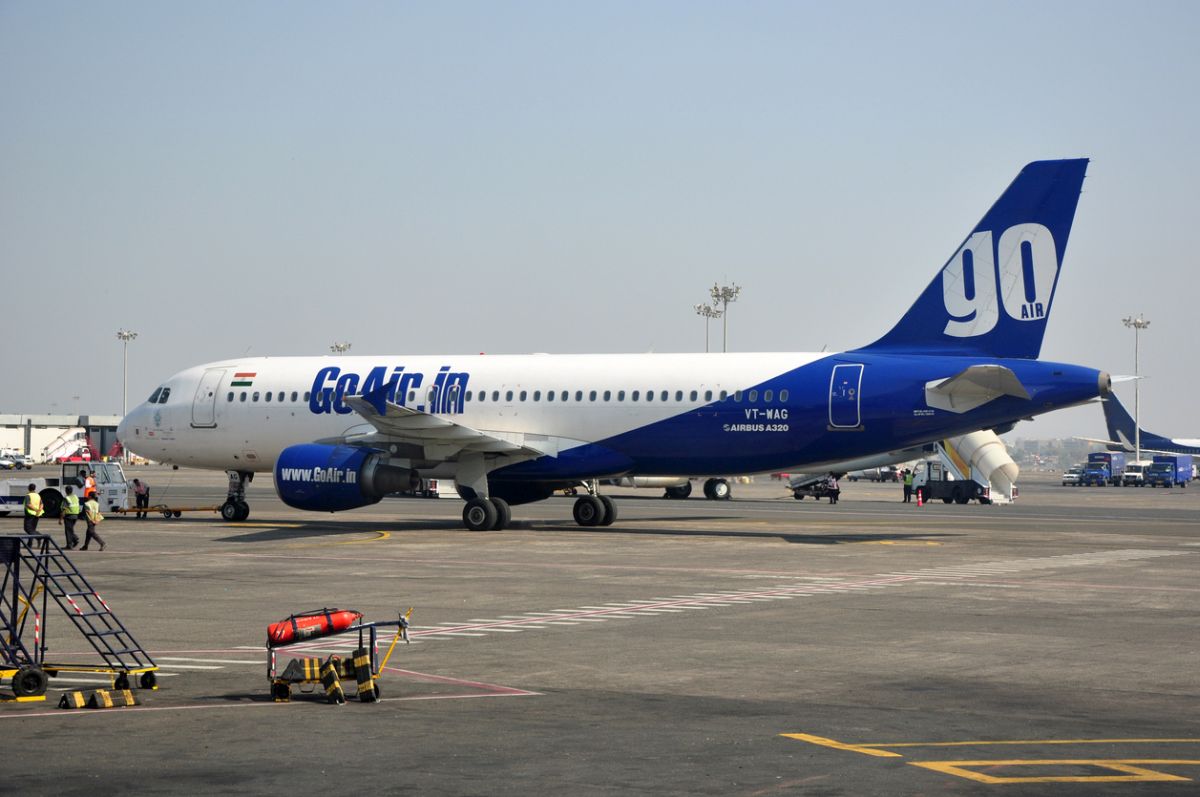A near mishap involving an Indonesian aircraft in September has now been blamed on the rustiness of pilots, a situation affecting many aviators grounded by the cancellation of flights due to the coronavirus epidemic.
Investigators report that although the 48-year-old captain of the Lion Air flight had over 17,000 flying hours to his credit, he had only flown three hours in the preceding three months.
Advertisement
The first officer, a former commander on another airline, had not flown since February.
That these two experienced aviators were not able to control the aircraft ~ an Airbus SE A330 ~ from veering off the runway while landing and breaking two runway lights has been blamed on their recent lack of flying experience and consequent loss of proficiency.
With an analytics company reporting that almost a third of the world’s passenger jets are parked around the world, and with airlines grounding more planes due to a lack of demand, pilots are bound to get rusty.
When the stress of employment in a sector that has been hit hard by the epidemic is added to their rustiness, disaster may just be a landing – or take-off – away. A top European aviation safety official had blamed this factor on the crash of a Pakistan International Airlines at Karachi last May that killed 97 people.
Airlines around the world have seen their schedules hammered by the epidemic. In late October, the German carrier Lufthansa announced that it would be operating at just 25 per cent of capacity in the last quarter of the year after facing a huge third quarter operating loss.
Recognising the problem, the International Civil Aviation Organisation has asked that pilots be recognised as key workers and allowed to access training facilities including simulators to maintain their certification and proficiency.
But the reality is that many pilots have been laid off due to the epidemic and they may find it difficult to access such facilities. If and when they return to work, the industry will face the challenge of retraining them.
It isn’t pilots alone who may have turned rusty because of the suspension of operations. Aircraft, too, require regular maintenance, even if they are parked on the tarmac.
In July, the American Federal Aviation Administration ordered operators to inspect 2,000 Boeing jets that had been taken off flying duties. In an emergency airworthiness directive, the FAA asked airline companies to check for corrosion on air check valves of all aircraft that had not flown for seven days or more. Such corrosion can result in engine failure, and the regulator acted after four reports of single-engine shutdowns.
Implicit in the directive was the fear that had both engines shut down, the planes would have faced forced landings. As with other fears inflicted on mankind in the past few months, the fear of flying too has acquired a new dimension in these troubled times.











